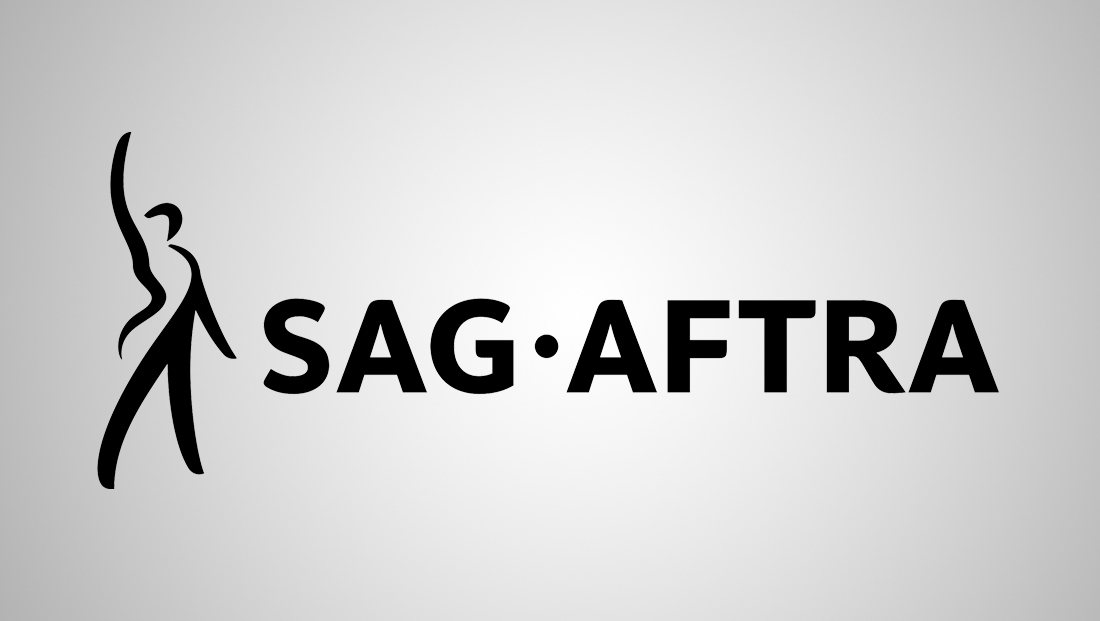Do WGA and SAG-AFTRA strikes affect TV news broadcasts?
By Michael P. Hill Article may include affiliate links

The WGA and SAG-AFTRA stikes will not affect most television news productions.
Despite the fact that both WGA and SAG-AFTRA have members who work in television news, most news productions do not fall under the collective bargaining agreement the unions have with the Alliance of Motion Picture and Television Producers, or AMPTP.
SAG-AFTRA does have deals with major TV networks, including ABC, CBS, NBC and Fox, but these contracts do not include most news productions, such as daily newscasts at these networks, others and local level.
Likewise, the WGA strike did not affect most TV news productions because either their writing staff are members of another union or are specifically covered by separate contracts that are not in dispute (some TV newsmagzines and satirical news programs may be subject to the WGA deal, however).
Most talk shows can still continue production as well.
There are other types of productions that can continue as well, such as soap operas, though they are typically not considered as part of the TV news category.
SAG-AFTRA, also known as the Screen Actors Guild‐American Federation of Television and Radio Artists, is a renowned labor union representing professionals in the entertainment industry. Formed in 2012 through a merger of the Screen Actors Guild (SAG) and the American Federation of Television and Radio Artists (AFTRA), SAG-AFTRA has become a powerful force in advocating for the rights and welfare of its members. With over 160,000 actors, announcers, broadcast journalists, dancers, singers, and other media professionals as part of its membership, SAG-AFTRA plays a crucial role in negotiating industry-wide agreements and setting standards for compensation, working conditions, and benefits.
One of the primary objectives of SAG-AFTRA is to protect the interests of its members and ensure they receive fair treatment in their work. The union negotiates collective bargaining agreements with major entertainment companies, including film and television studios, ensuring that actors and other professionals are compensated appropriately for their talents and contributions. These agreements cover a range of crucial aspects, such as minimum wages, overtime pay, residuals, health and pension benefits, and workplace safety. By establishing industry standards and enforcing contractual obligations, SAG-AFTRA helps to create a more equitable and sustainable working environment for its members.
Beyond its role in negotiating contracts, SAG-AFTRA provides numerous resources and services to its members. The union offers professional development programs, workshops, and seminars to enhance the skills and knowledge of its members, allowing them to stay competitive in the ever-evolving entertainment industry. SAG-AFTRA also operates a variety of programs and initiatives related to health and wellness, including access to affordable healthcare plans, mental health support, and assistance for performers facing financial hardship. By offering a comprehensive support system, SAG-AFTRA strives to empower its members and improve their overall well-being, both personally and professionally.
SAG-AFTRA is a prominent labor union representing a wide range of professionals in the entertainment industry. Through its advocacy, negotiations, and member services, SAG-AFTRA works tirelessly to protect the rights and interests of actors, announcers, journalists, and other media professionals. By setting industry standards, promoting fair compensation, and offering resources for personal and professional development, SAG-AFTRA plays a vital role in fostering a more equitable and thriving environment for its members in the dynamic world of entertainment.
Popular Searches
- TV Industry News
- Broadcast Engineering News
- Broadcast Design News
- TV Talk Shows
- TV Syndication
- TV Advertising
- TV News Jobs
- TV Industry Mergers and Acquisitions
- TV Anchors
- Cable News
- Late Night TV
- TV Syndication News
- Broadcast Industry News
- TV News Drone Journalism
- TV News Augmented Reality
- TV Weather Forecasting
- TV News Journalism
- TV News Ethics
- OTT News
- News About NBC
- News About CBS
- News About ABC
- News About CNN
- News About MSNBC
- News About Fox News

